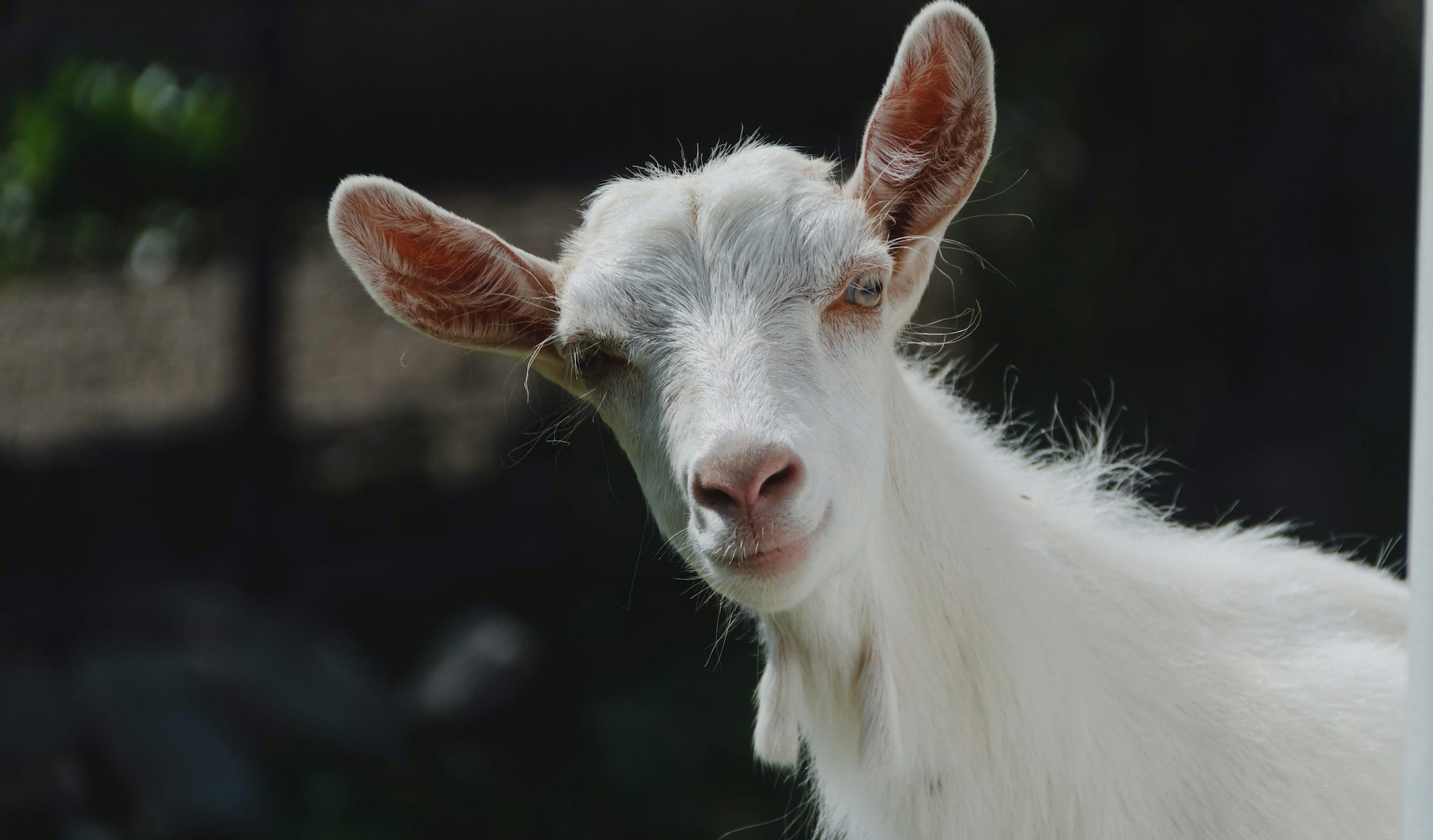It is one of those biblical commands that has always perplexed me. If it appeared just one time in Scripture I might be tempted to pass it by. But it appears no less than three times, in Exodus 23:19, Exodus 34:26, and Deuteronomy 14:21. The repetition tells me that God is quite concerned that his people pay attention to his command and obey it. The command is this: “You shall not boil a young goat in its mother’s milk.”
So why did God care how his Old Testament people cooked their goat? And is there any possible application to us today?
Not surprisingly, commentators are a bit divided on God’s intent in this injunction. There are broadly two different schools of thought. While some scholars choose one of the two options, a good number suggest both are relevant.
The first suggestion is that the Canaanites followed a religious ritual that involved this very thing—boiling a young goat in its mother’s milk. They would then take that milk and sprinkle it on their fields, hoping that the gods would respond by making the land fertile. This makes sense in the immediate context (of the first use in Exodus, at least) where we find laws about the various feasts and festivals, including ones related to harvest. The weakness of this theory is that there is no substantial proof that this was actually a Canaanite ritual and no substantial proof that the Israelites knew anything of it. It makes good sense and is quite plausible, but remains unproven.
The second suggestion is that there is something too ghastly and too contrary to nature in using a mother goat’s milk to cook her baby. It’s not that it was wrong to cook a baby goat or even that it was wrong to cook a baby goat in milk. It was simply wrong to cook a baby goat in its own mother’s milk. Philip Ryken explains this well: “A young goat is supposed to be nourished by its mother’s milk, not boiled in it.” To use the source of nourishment to be the source of seasoning or tenderness somehow opposes a principle of life. If we understand the command in this light, it might be similar to the prohibition against taking both a bird and its young (Deuteronomy 22:6). In that case, it is essentially a call to kindness in place of cruelty. God permits man to use and eat animals, but we must still treat them with dignity as beings created by his hand.
Which of these positions is correct? We cannot know definitively and thus need to hesitate about taking too bold a position. And while the Israelites probably understood better than we do, the main thing for them was not understanding but obedience. Their call was to obey God and refuse to ever boil a baby goat in its mother’s milk. Simple enough!
Is there anything we can gain from these parallel verses? Are they in any way profitable for teaching, reproof, correction, and training in righteousness? I see two possible applications.
The first is to guard ourselves against worldliness. If the first theory is correct, then the Israelites, when they entered their new land, would be tempted to imitate a common practice that would tempt them away from reliance on God and tempt them toward reliance on superstitious ritual. We are certainly not immune from this temptation—to begin imitating behavior that may seem reasonable, yet still reduces our reliance on God. Perhaps we can do this when we follow secular financial practices that prompt us to reduce what we give to the church because we believe a comfortable future depends upon reaching a certain savings goal. Perhaps we also see this in cultures elsewhere in the world where people profess Christ and join a church, but still “hedge their bets” by maintaining traditional rites and rituals.
Perhaps God’s prohibition prompts us all the more to be consistently pro-life knowing that cruelty toward animals may become cruelty toward human beings.
The second is to value life—human life primarily, of course, but also animal life. God permits his people to eat animals and demands they sacrifice animals, so we have the right to kill and eat them. But we must still treat them with dignity, knowing that God created them and cares for them. To use the milk of the mother to cook her baby appears to be contemptuous of life and the special relationship between parents and children. This being the case, animals serve as a smaller picture of the greater reality of human beings. And in this way perhaps God’s prohibition prompts us all the more to be consistently pro-life knowing that cruelty toward animals may become cruelty toward human beings.
Whatever else is true of the Canaanites and the other foreign nations within and around the Promised Land, they were most certainly pagan and most certainly cruel. And boiling a baby in its mother’s milk was pagan or cruel, or perhaps pagan and cruel. God’s people, however, were to be holy and compassionate. Such set-apartness was to be displayed not only in the temple and in formal religious rituals, but even in the kitchen and in the way they prepared their food. Because to live for God demands living for him in every possible sphere and every possible activity.










